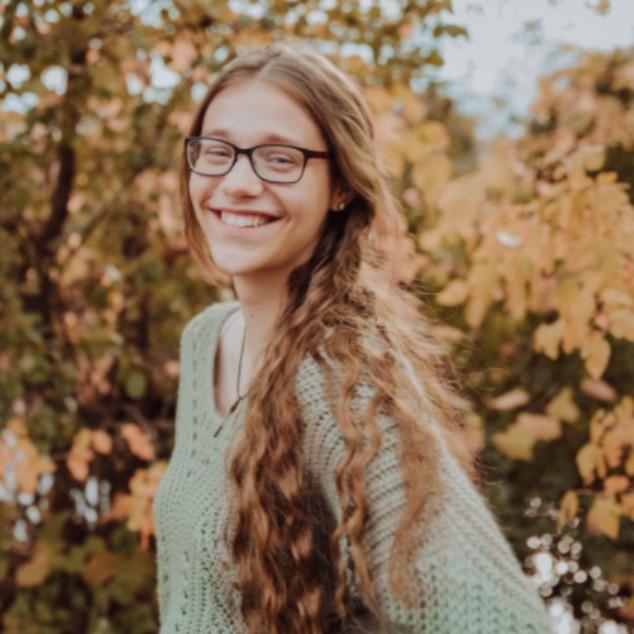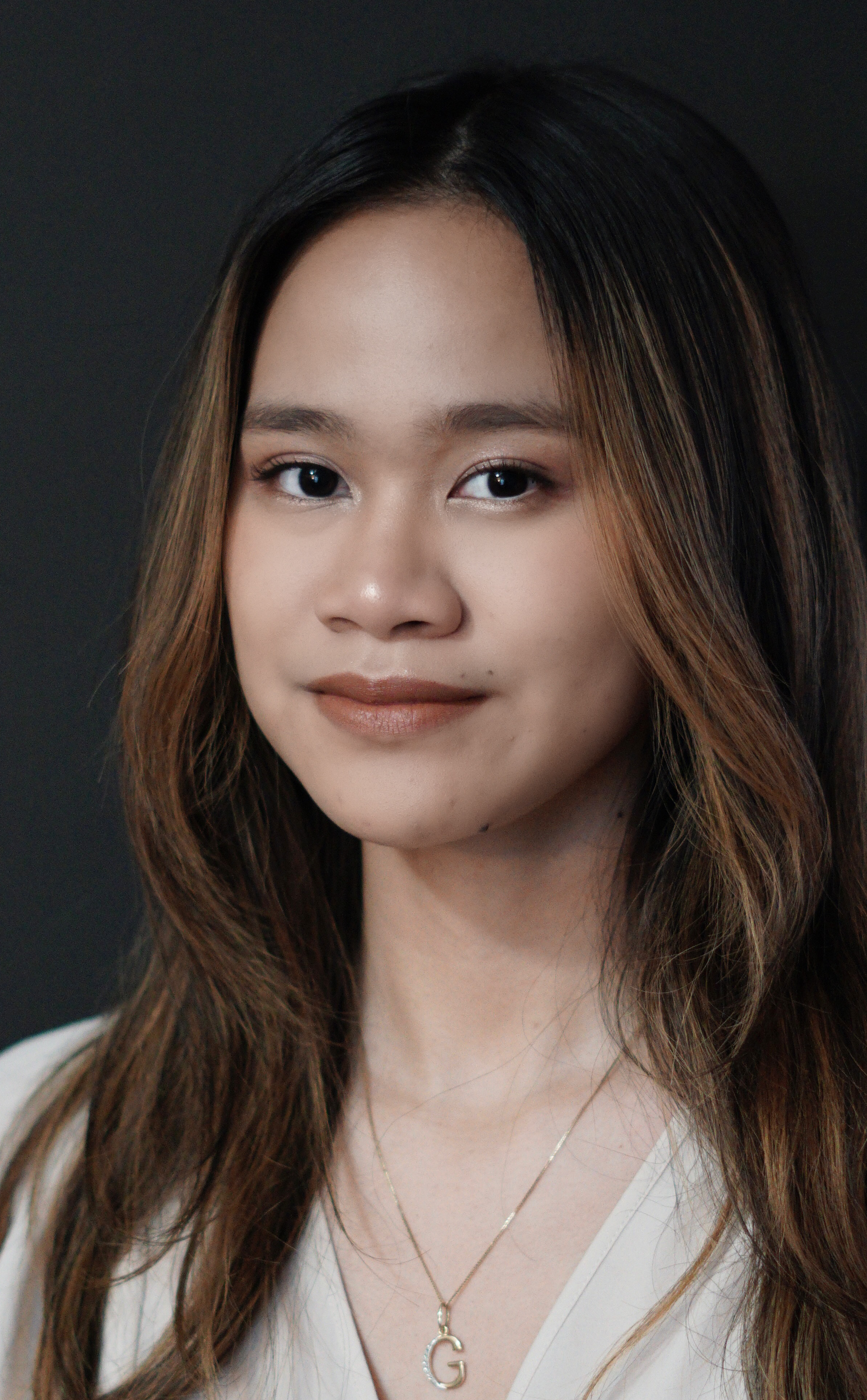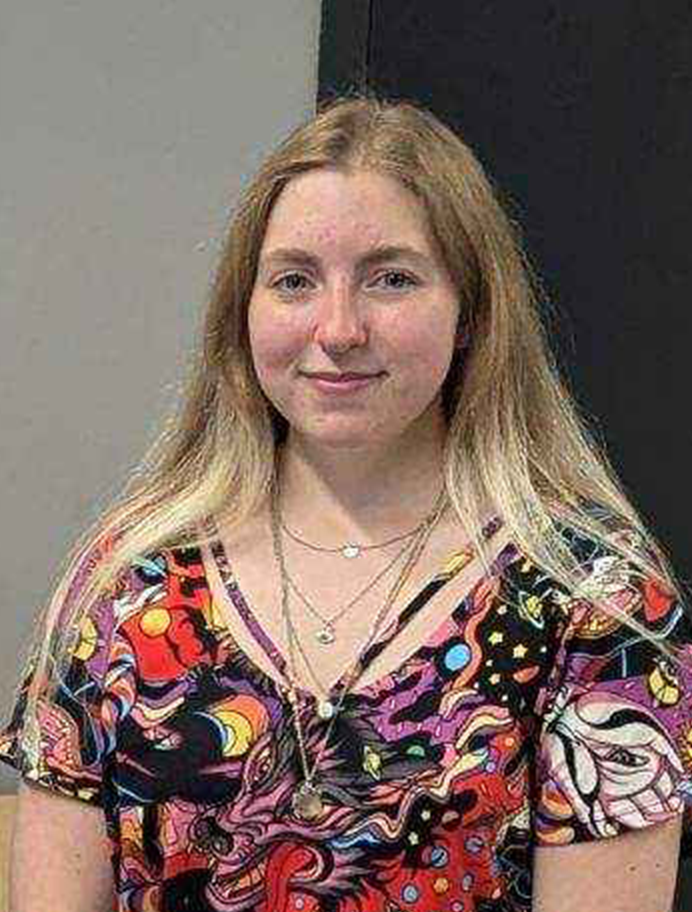Meet the 2024 Entomology Research and Outreach Fellows
Introducing the 2024 cohort of Entomology Research and Outreach Fellows (EROF).

The Entomology Research and Outreach Fellowship (EROF) is designed for undergraduate students from across Michigan with limited research opportunities to participate in world-class university research projects. This summer-long, immersive program provides hands-on lab and field experience and much needed financial support to students who would otherwise not have the chance to explore a career in entomology. EROF fellows come from wide variety of socioeconomic backgrounds and all levels of scientific experience. The goal is to build a scientific community that reflects the community at large.
Meet the 2024 EROF Cohort:

Makayla Guenther
Mentor: DeShae Dillard
College: Lansing Community College/MSU-Fall 24
What aspects of the program were of interest to you?
I was interested in the opportunity to do field work as well as experiencing what research will theoretically look like if I continue studying after undergrad. I was also interested in learning about data analysis to help me with classes in junior year.
What project are you working on? Describe the research.
I am currently working on a couple of projects. The one I focused on and created a Mid-SURE poster with my mentor was about conservation management methods affecting slug abundance. The hope for this research is to show the damage that slugs can do without proper pest management, and to further this research with methods of continuing conservation management while also not being affected by slug feeding injury to the crops.
What is your role in that project?
My role was to go to the KBS LTAR and to check slug traps and to scope the level of feeding injury on soybean. I would compile this data with the help of my mentor in a google sheet where they show me how to analyze the data. I would then use the analyzed data to make graphs for a poster.
What has been your favorite part of the EROF program so far?
My favorite part was the field work as I could really comprehend what I was doing pertaining to insects or pest damage on crops. To see an abundance and diversity of insects in-person is very new and exciting for me.
What has your mentor shared that has been the most helpful?
My mentor has been the most helpful with any questions I have on RStudio. DeShae has also
been immensely helpful when I am out on the field with him as he explains what we are doing well.
What lessons will you take away from this experience?
I will take the RStudio guidance and the beauty of communication. Just saying to your superior like, “Hey, I don’t understand this” is so much better than struggling with something for hours with no end.
How do you think this will help you in your education and/or career going forward?
I have decided to connect with more professors for undergraduate research opportunities. I have begun to consider going into graduate school. This job also helped motivate me to be more organized.
What would you say to other students considering this program?
If you are having difficulty with the work, speak about it sooner rather than later. Also, if you feel a little out of place or unintelligent, I had to tell myself I must change that and talk about it because no one can read your mind. Also, do not be afraid to talk or connect with your mentor.

Gwyneth Zamora
Mentor: Raj Chowdanayaka
College: Lansing Community College/MSU-Fall 24
What aspects of the program were of interest to you?
The program actively seeks to include researchers from a wide range of backgrounds, regardless of their experience in the research field, including different ethnicities, cultures, etc. By doing so, EROF creates an inclusive environment where everyone feels valued and respected. I had never worked in such a diverse environment before, and being in this space truly enhanced my experience.
What project are you working on? Describe the research.
In my research, I am investigating the Cuticular Hydrocarbons (CHC) of the Drosophila Suzukii, D. Takahashi, and D. Biarmipes. Specifically, I aim to determine if there is a significant change in the amount of CHCs a female possesses before and after mating.
What is your role in that project?
I conducted many mating experiments and recorded their behaviors and time intervals, such as the initiation of male courtship behaviors and the duration between when copulation begins and ends. To ensure the accuracy of my experiments, I collected virgin flies for all three species, which were crucial for the conditions needed for my studies. Following the mating experiments, I extracted CHCs from both mated females and virgin female flies.
What has been your favorite part of the EROF program so far?
My favorite part of the EROF program has been the incredibly stress-free and relaxing environment in which we work. It’s been such a joy to come to work every day without feeling the weight of constant pressure. Additionally, my lab mates have been exceptionally friendly and accommodating, everyone is incredibly friendly and always willing to help.
What has your mentor shared that has been the most helpful?
Never hesitate to ask questions. I used to find this intimidating, especially at the beginning of the fellowship, because I worried that my lack of knowledge would make me look inexperienced compared to others. However, this experience has shown me that not having all the answers is perfectly okay, and seeking help actually reflects strength and curiosity.
How do you think this will help you in your education and/or career going forward?
This experience has helped me develop a research-oriented mindset. I learned to approach problems with a more critical step and analytical perspective. I’m now more proactive in seeking answers and more thorough in examining the details in my work.
What would you say to other students considering this program?
This program is a fantastic opportunity to gain hands-on experience and expand your personal and professional growth. Plus, you’ll also have the opportunity to present your research findings.

RE DeForest
Mentor: Chris Brown
College: Lansing Community College/MSU-Fall 24
What aspects of the program were of interest to you?
The biggest interest I had was working directly with insects and gaining experience. Also being able to talk to those already in the field, gaining advice on how to also pursue entomology.
What project are you working on?
I’m helping with the MothED program and was given the opportunity to run my own experiment to help with data collection. My research project was testing if height had an impact on catch abundance using DYI moth bottle traps. Along with running my own research, I helped and assisted others when needed, such as pinning, labeling, sorting, and cleaning.
What has been your favorite part of the EROF program so far?
Getting a taste of both field and lab work, and just a general understanding of what it’s like to work in entomology. It’s definitely helped and solidified my want to pursue a career in entomology.
What has been the biggest surprise?
That I am now completely comfortable with holding dead insects in my hands, mainly because of pinning.
What has your mentor shared that has been the most helpful?
Giving me a crash course in entomology, and teaching me how to identify the orders, which was something I was unable to do at the start of the job. Another thing would be teaching me the process of presenting research (poster, paper, etc.).
What lessons will you take away from this experience?
One big lesson is that I shouldn’t overwork or stress myself out over things that I can’t control. The weather this summer had a lot of rain, so I was unable to present complete data at Mid-SURE. My mentor told me that I shouldn’t push everything last minute and over work myself because its okay to present partial data, which was something that I didn’t know could be done.
Another thing is that research doesn’t always have to prove some big finding. It’s okay to go into an experiment and not find something big, but instead prove something that has already been known. It adds on to data and information which further confirms the finding.
How do you think this will help you in your education and/or career going forward?
I think this will help me because it gave me experience in entomology, and science in general. Experience both in the field and the lab, along with presenting my research at Mid-SURE looks really good on a resume.
What would you say to other students considering this program?
This program offers not just experience but also lots of knowledge! The mentors have so much to share, along with other connections to help you get information. The program will also give you insight into what a career in entomology would look like, and if you are interested in doing it.



 Print
Print Email
Email
